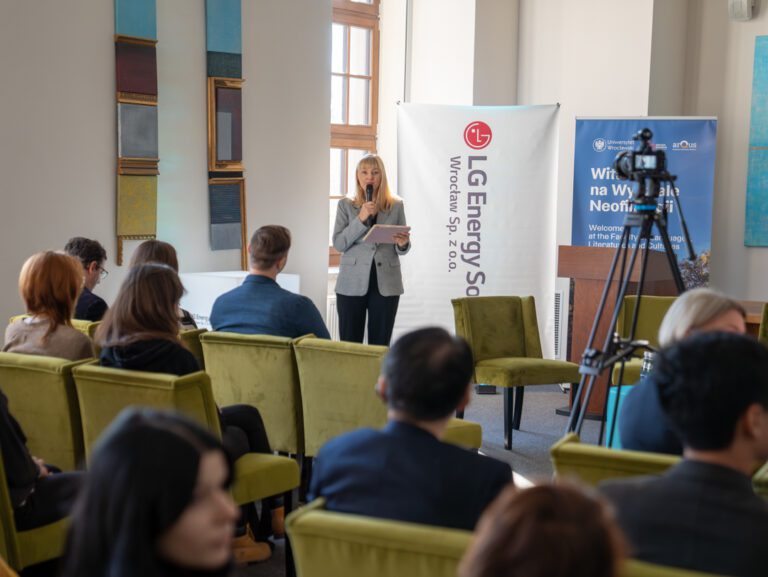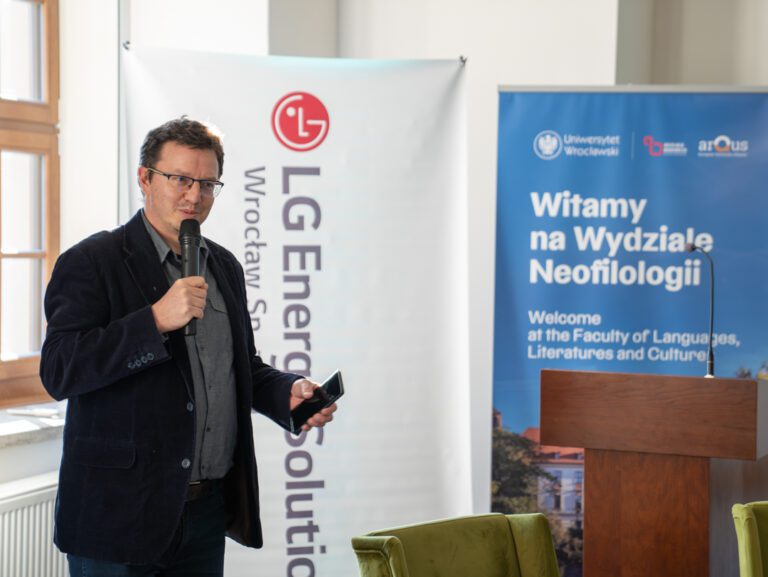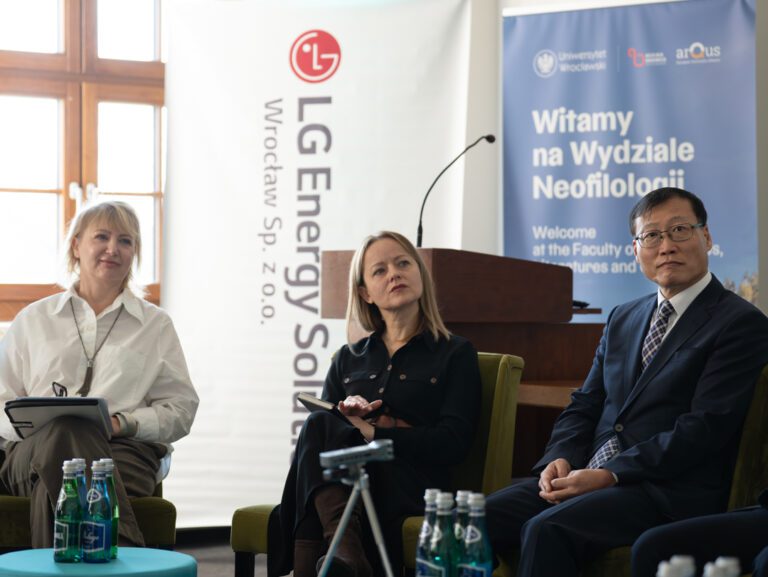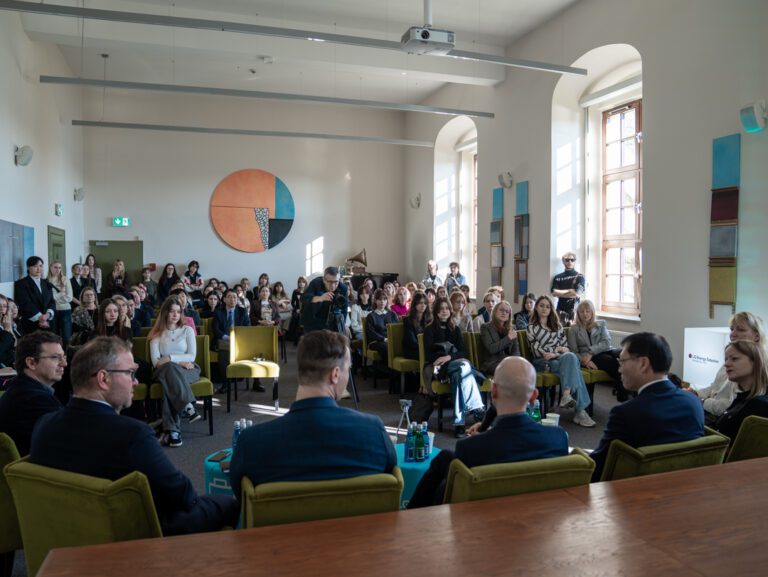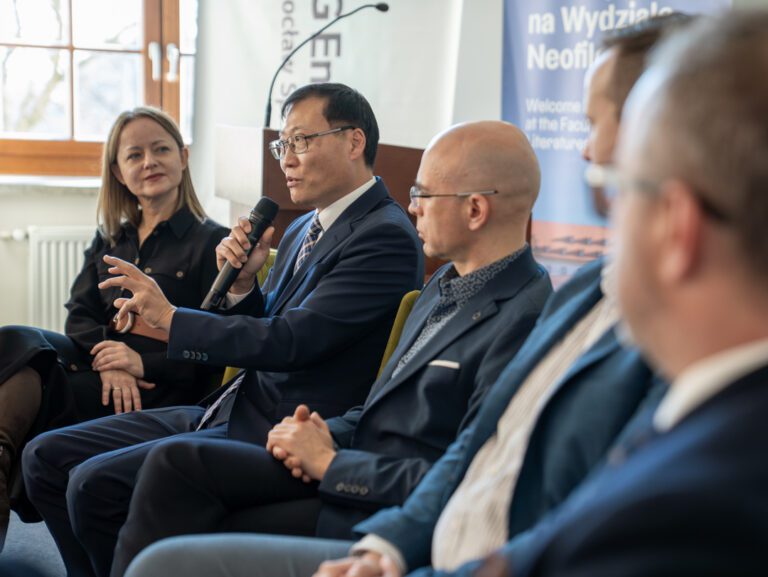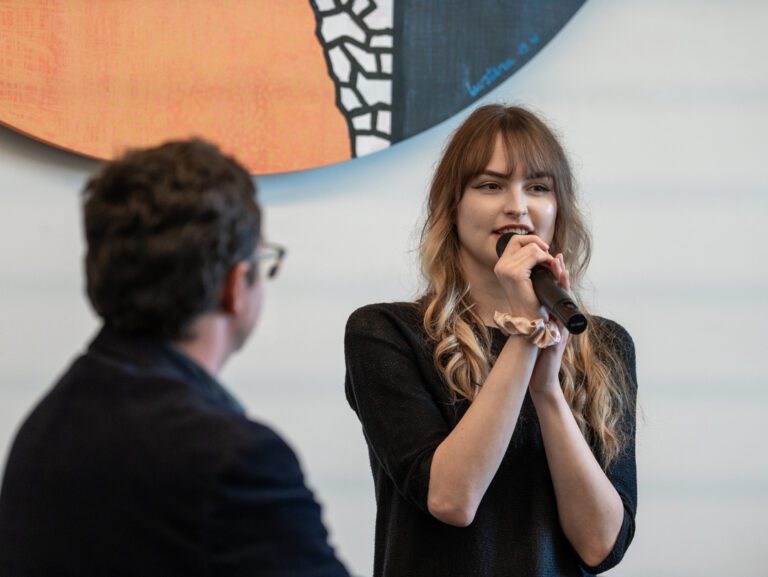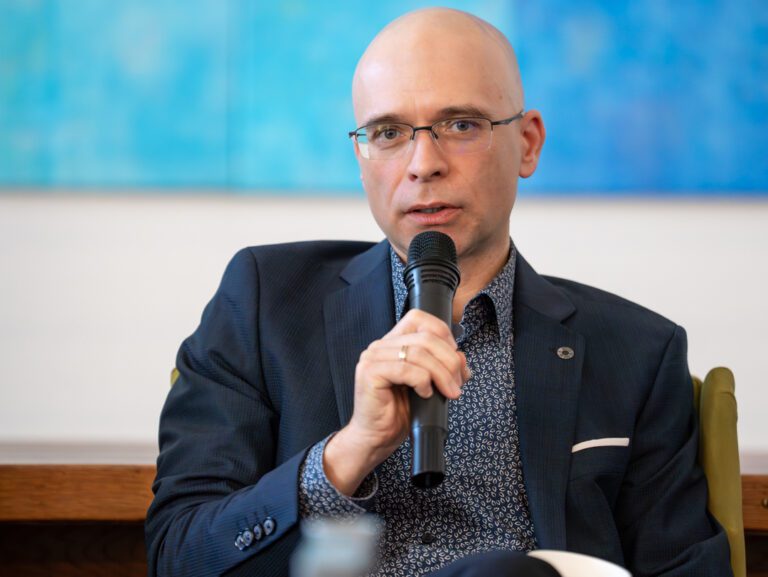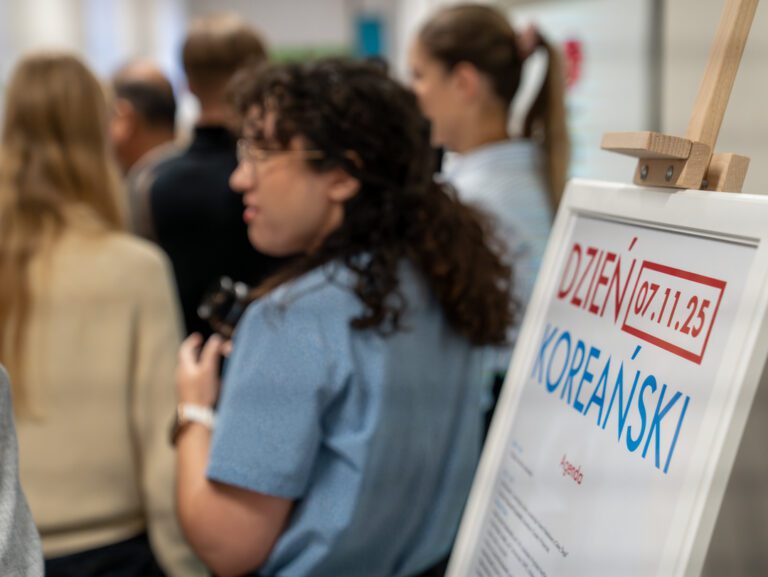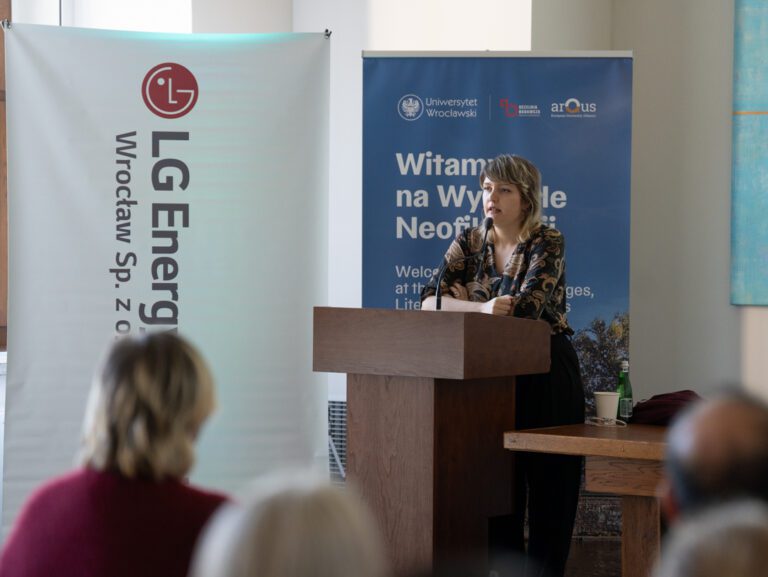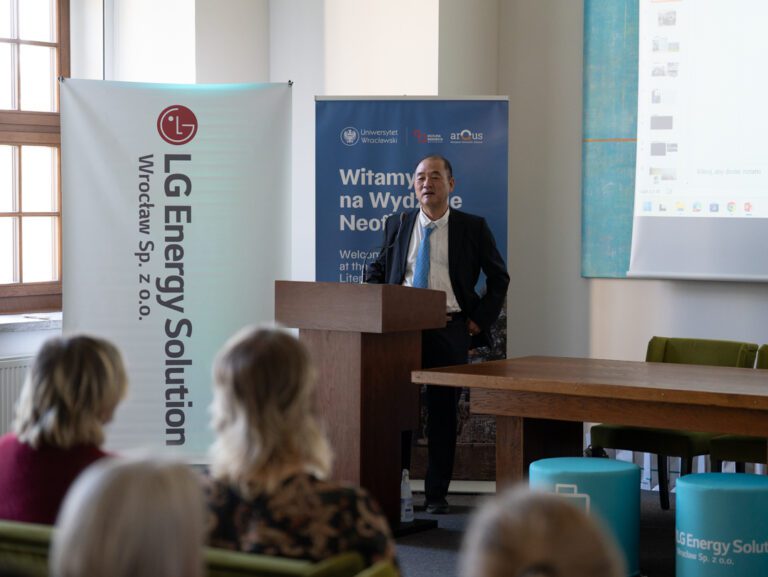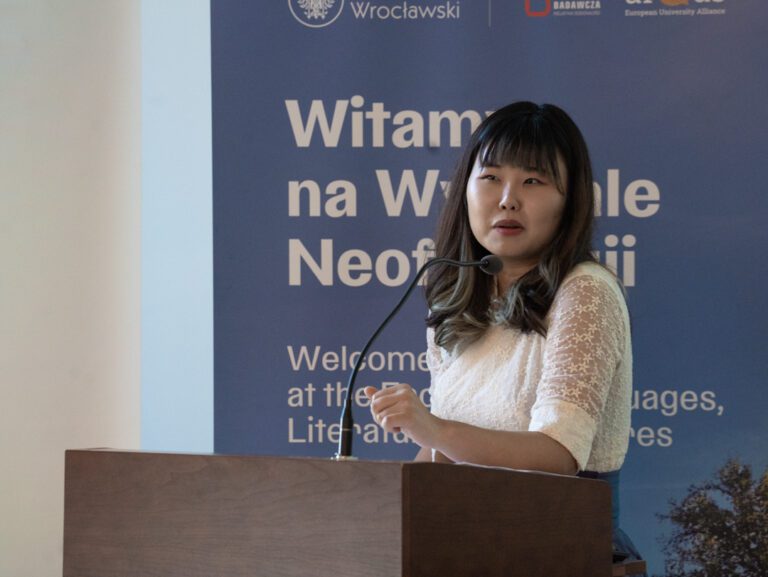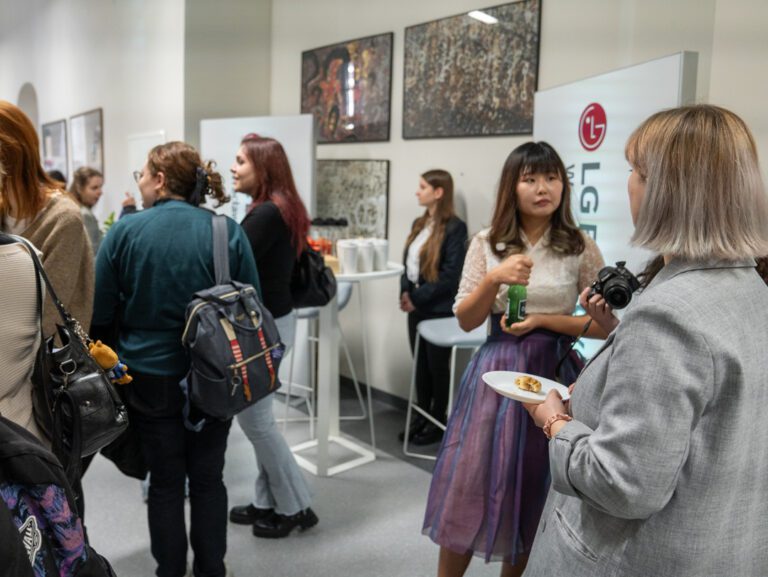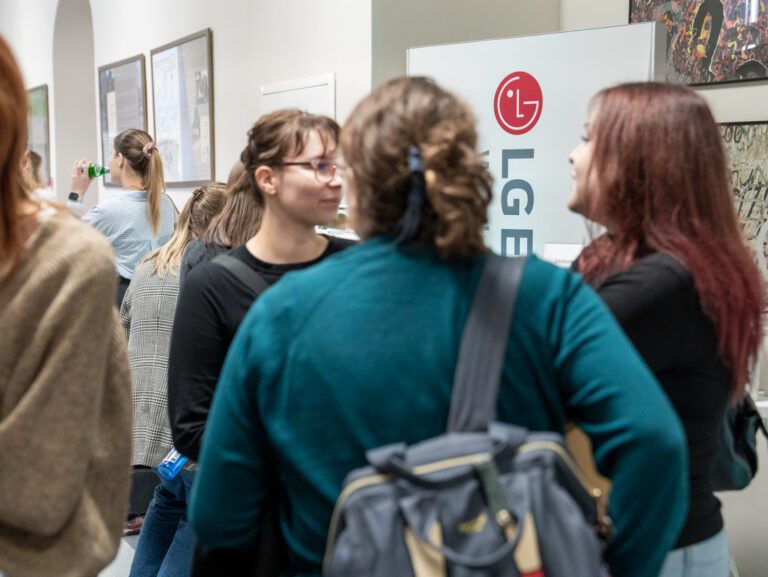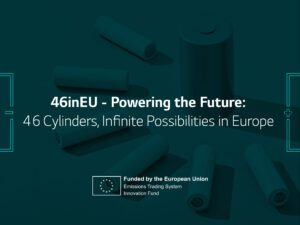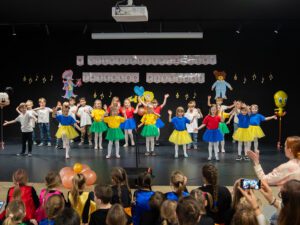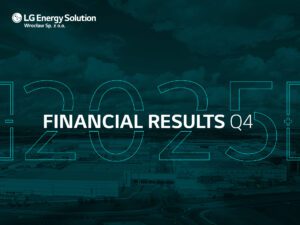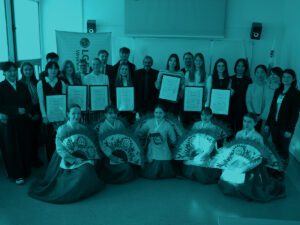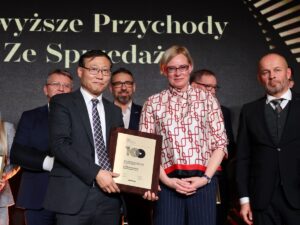The event took place on November 7 and brought together representatives from academia, business, and public administration, creating a space for sharing experiences and inspiration between Poland and South Korea. Korean Day at the University of Wrocław was a joint initiative of LG Energy Solution Wrocław and the Faculty of Neophilology at the University of Wrocław, aiming to highlight the richness of Korean culture and emphasize the importance of intercultural dialogue in building relationships between the worlds of science, technology, and business.
“What connects Korea and Poland is the value we place on education. We are both ambitious nations. After the war, Korea had nothing, so it invested in the education of its people. Today, it is the world’s 12th largest economy by GDP, while Poland ranks 20th. This ambition and constant drive for development are especially important in the context of our investment based on innovative technologies.”
Yong Girl Lee, Director of the External Relations Department, LG Energy Solution Wrocław
Debate: “Technology, Culture, Investments: South Korea and Lower Silesia”
The central part of the program was the expert panel “Technology, Culture, Investments: South Korea and Lower Silesia”, featuring:
- Dr. hab. Justyna Ziarkowska, Professor at the University of Wrocław, Dean of the Faculty of Neophilology
- Dr. hab. Marcin Jacoby, Professor at SWPS University, Dean of the Faculty of Humanities, Head of the Department of Asian Studies
- Dr. hab. inż. Tomasz Kurzynowski, Professor at Wrocław University of Science and Technology, Rector’s Plenipotentiary for Industry Cooperation
- Norbert Nowacki, Investor Relations Expert, Wrocław Agglomeration Development Agency (ARAW)
- Olga Humeńczuk, Director, National Forum of Music named after Witold Lutosławski
- Yong Girl Lee, Director of the External Relations Department, LG Energy Solution Wrocław
The discussion, moderated by Gazeta Wyborcza journalist Sławomir Szymański, focused on the role of Korean investments in the development of Lower Silesia, the importance of cross-sector cooperation, and the impact of economic relations on fostering cultural closeness between the two nations.
“Not only Poland’s geographical location in Europe, logistics, size, or population, but also the level of education and the well-designed Special Economic Zones with all the necessary infrastructure have undoubtedly contributed to the increased interest of Korean investors in the Wrocław agglomeration. Due to the 20-year presence of LG Group brands in Poland, their branches—particularly in Wrocław and the Wrocław Agglomeration—are well recognized in the Korean business world.”
Norbert Nowacki, Investor Relations Expert, Wrocław Agglomeration Development Agency (ARAW)
“In our plant, we invest in large-scale process automation and use AI technologies. Our Kobierzyce factory is truly unique – it is the only place where we produce all types of electric batteries based on LG’s proprietary technology. Therefore, what we will certainly continue to need in the future are highly qualified experts. Lower Silesia, with its strong educational background and openness to innovation, is an excellent environment for the development of technology companies. However, what we currently lack the most is energy support – unfortunately, Poland remains one of the most expensive countries in terms of energy costs.”
Yong Girl Lee, dyrektor Departamentu External Relations w LG Energy Solution Wrocław
“Korea is known for its proactive approach, which is evident in the fact that Koreans were the first to take an interest in Poland in 1987, when our country was still a socialist state maintaining relations only with North Korea. A year later, diplomatic talks began between South Korea and Poland, aiming to establish investment cooperation – and this has been a success in business. The Korean Hallyu wave came later. Fifteen years ago, no one in Poland was thinking about promoting our culture in South Korea; the idea seemed strange at the time. Today, we can see that our relations are very close, though there is still much to do in the field of culture. Korean business and culture have a much stronger presence in Poland than the other way around. But I believe our plans are achievable – as long as we remain as proactive as the Koreans.”
PHD Marcin Jacoby, Professor at SWPS University, Dean of the Faculty of Humanities, Head of the Department of Asian Studies
Culture, Literature, Education
In addition to the expert panel, participants could attend a series of lectures dedicated to Korean culture, literature, and education. Speakers — including Dr. Hae Sung Lee, Mijin Mok, Anna Sawińska, and Marta Niewiadomska — explored various aspects of life in South Korea, showing how fascinating and diverse its contemporary culture is.
Attendees learned about the history of Koreans who came to Wrocław after World War II, the demanding South Korean education system, and publishing trends in Asian literature.
Thus, Korean Day in Wrocław became not only an educational event but also a symbol of building bridges between two countries whose cooperation in Lower Silesia is gaining increasing significance — socially, politically, and economically.

